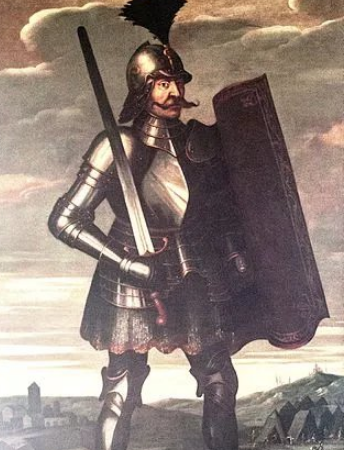In Chinese history, the Western Han Dynasty was a period full of brilliance and cultural prosperity. However, apart from its political, economic, and military achievements, the Western Han Dynasty also had an unknown aspect - the strong prevalence of male homosexuality. This phenomenon not only revealed the uniqueness of social customs at that time, but also reflected the diversity of gender concepts and aesthetic preferences.

First, we need to understand what "male homosexuality" is. In ancient China, male homosexuality referred to emotional relationships between men, and sometimes even included physical relationships. This phenomenon also appeared in ancient Greece, Rome, and other cultures, but it was particularly prominent in Chinese history.
The strong prevalence of male homosexuality in the Western Han Dynasty had multiple reasons. First, the social customs of that time were relatively open, and the concepts of gender and sexual orientation were not as strict as in later generations. Second, the scholars of the Western Han Dynasty pursued emotional and spiritual exchanges that transcended the secular world, and they believed that this type of relationship could elevate their taste and realm. In addition, the emperors and nobility of that time also held a tolerant attitude towards male homosexuality, and some even participated in it themselves.
The strong prevalence of male homosexuality was reflected in the literary, artistic, and philosophical works of the Western Han Dynasty. For example, there are poems describing male emotional relationships in the famous literary work "Nineteen Ancient Poems". At the same time, intimate images between men are commonly seen in tomb murals and terracotta figures of the Western Han Dynasty. These works not only showcase the aesthetic preferences of that society, but also reflect people's diverse understanding of emotion and gender.
However, with the development of history, male homosexuality was gradually suppressed by later feudal ethics. Especially during the Eastern Han Dynasty, the influence of Confucianism strengthened, and gender concepts began to become more conservative. Male homosexuality was regarded as immoral behavior and was severely prohibited. The changes during this period reflect the complex evolution of gender and sexual orientation concepts in ancient Chinese society.
Overall, the strong prevalence of male homosexuality in the Western Han Dynasty is an interesting and unknown historical phenomenon. It reveals the uniqueness of social customs at that time and also reflects the diversity of gender concepts and aesthetic preferences. Through exploring this phenomenon, we can gain a deeper understanding of the complexity and diversity of ancient Chinese society.
Disclaimer: The above content is sourced from the internet and the copyright belongs to the original author. If there is any infringement of your original copyright, please inform us and we will delete the relevant content as soon as possible.






























